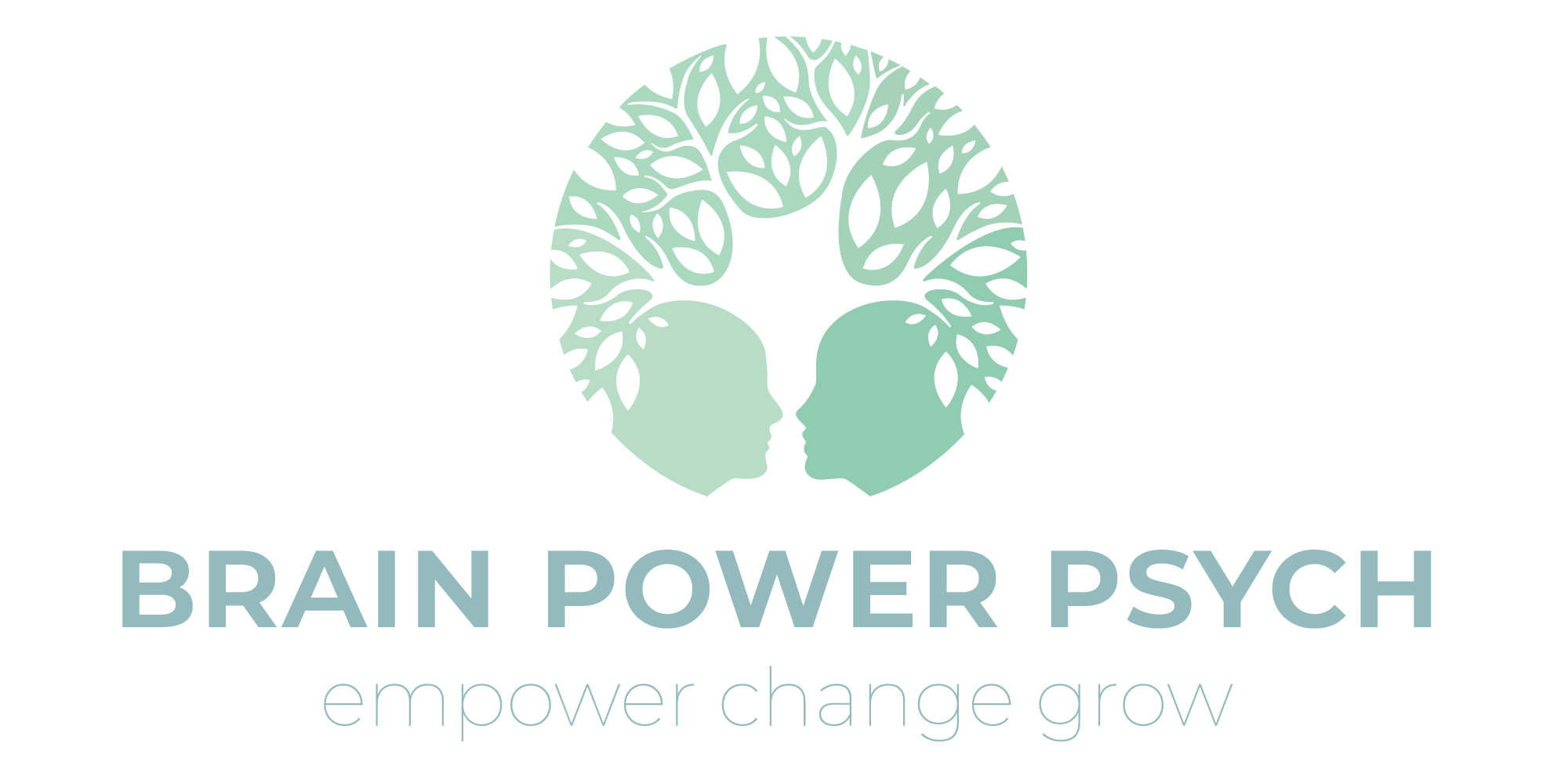The month of October is known for many things like Breast Cancer Awareness Month as well as the start of major holidays, like Halloween.
Traditionally, the celebration of Halloween is considered a fun-filled holiday for most people as it includes dressing up in costumes, giving and receiving candy, going to parties, and hanging up decorations, it can be a triggering holiday for those with past traumatic experiences.
In addition to the fun and games, this holiday creates scare tactics to that includes some form of scary costumes, horror or scary films, seeking out haunted houses, graphic decorations, and unwanted physical contact where people jumping out to scaring you. These events can can be incredibly triggering for many individuals. People with anxiety, past traumatic experiences, or those with PTSD may find that Halloween creates a flood of stressful and distressing symptoms such as anxiety, fear, panic, flashbacks, difficulty with sleeping, and having nightmares.
Many believe that you have to experience major life events to have traumatic response. For the most part, yes trauma has strong connection in these situations, which can include: being violently attacked or assaulted, being involved in an automotive accidents, or experience natural disasters. However, trauma can also be present in other experiences we encounter during our lives. Remember with trauma is our response to the situation that can be activating our fight or flight nervous system.
Down below are some common themes that are associated with the holiday of Halloween that can create a stressful situation for a person which would stimulate the fight or flight reaction and send one into an emotional and psychological state of shock and panic:
- Gorily holiday decor and embellishments
- Morbid or graphic costumes and clothing
- Violent or scary media (tv shows or movies)
- Haunted houses and scary mazes
- Scare tactics, such as people jumping out unexpectedly
Here are some helpful tips to maneuver this holiday:
1. Connecting with your therapist. Making sure that you contact your mental health therapist to create a plan to help identify ways to manage potential triggers.
2. Avoiding the use of substances or alcohol as a way to cope with stressors. This can make anxious and trauma symptoms worse.
3. Connecting with your social support system. Reaching out to love ones that might not celebrate or engage in Halloween festivities. You can plan the day with them doing non holiday related activities. If you feel comfortable, you explain why Holiday can be triggering for you. So that people can best help support you during this stressful time.
